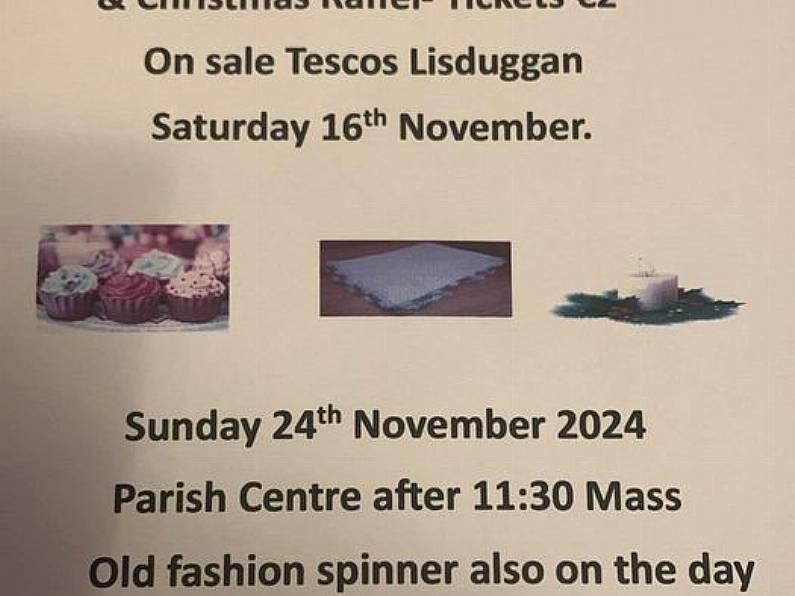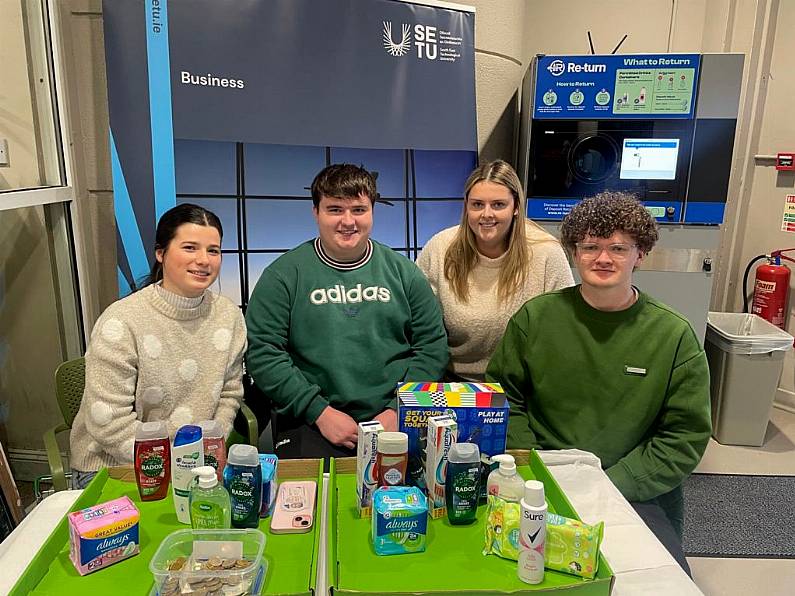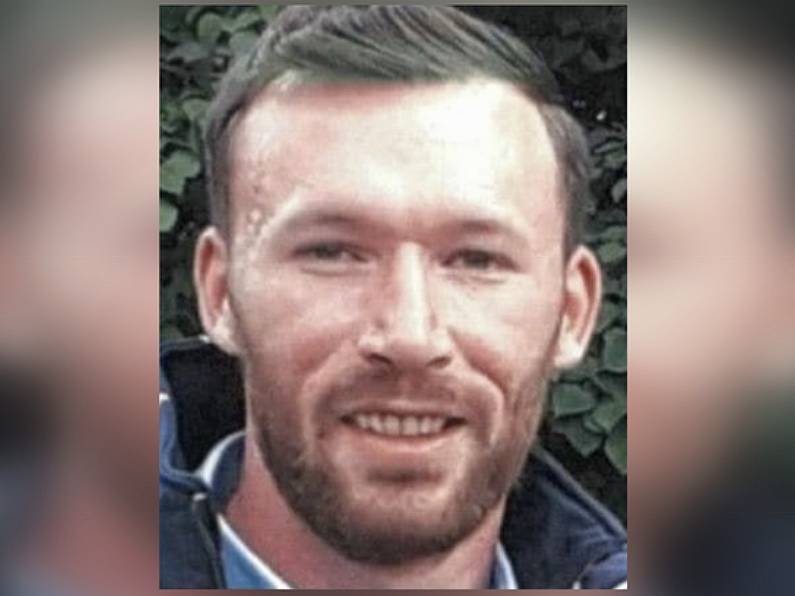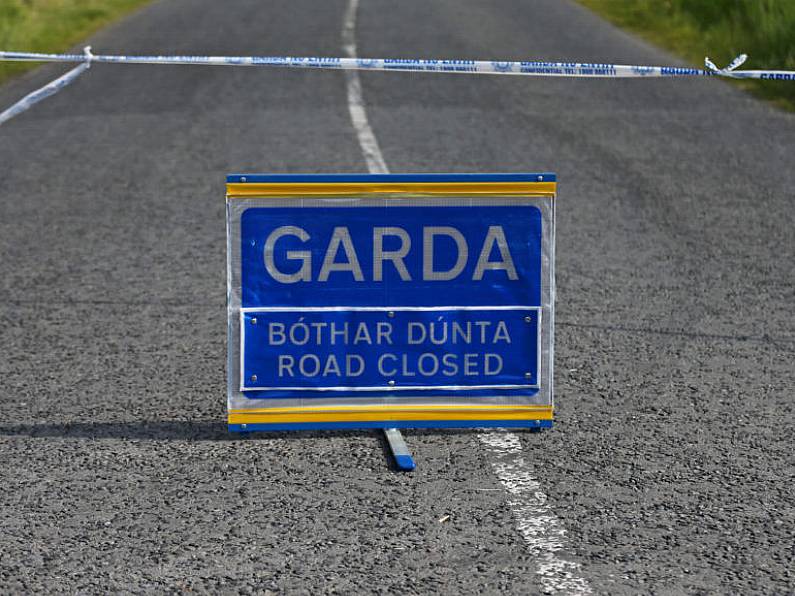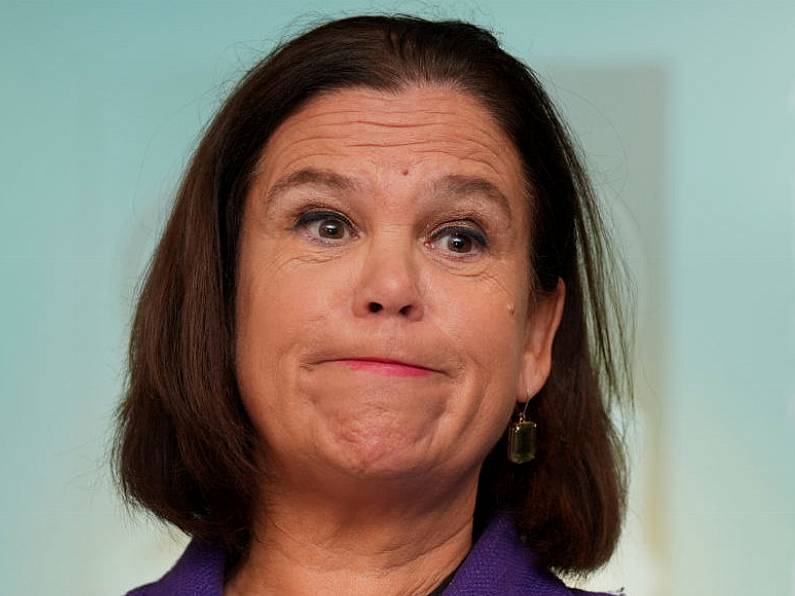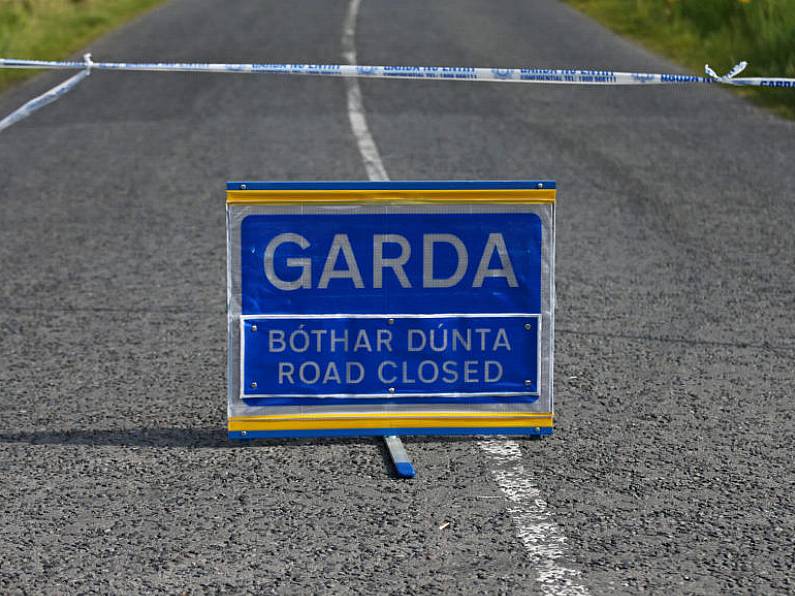By Daniel McConnell
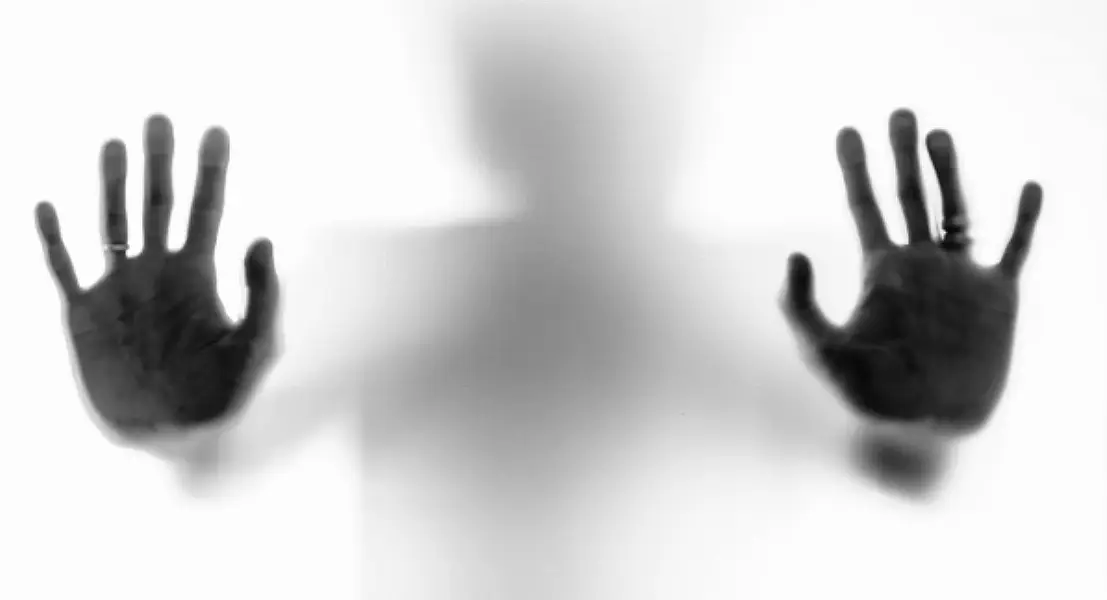
The State inquiry into the sexual abuse case of a disabled girl, known as ‘Grace’, is likely to be delayed again, as the Cabinet is today expected to approve another extension to its work.
The Inquiry, headed up by barrister Marjorie Farrelly, was established after the Irish Examiner in 2015 and 2016 revealed the scale of abuse against the girl and 46 other children and young adults who stayed at a foster home in Waterford.
Junior health minister Finian McGrath has been contacted by Ms Farrelly who has requested another extension to allow her and her team conclude their work on the complex inquiry.
Despite being uncomfortable with allowing another extension, Mr McGrath is understood to be minded to seek Cabinet approval to grant the extension.
In 2017, Grace was awarded €6.3m by the High Court for the failures of the State to properly care for her. In Grace’s case, she languished in the home for almost 14 years, after an original decision to remove her from the home was overturned.
The government commissioned lawyer Conor Dignam to produce a report into the foster home which outlined a series of significant failures in the care of Grace and the other children.
One of the more serious things Dignam’s report included is the circumstance as to how Grace was left in the foster home in 1996 despite an earlier decision to remove her from the home.
It is known that the foster father of Grace directly lobbied Michael Noonan when he was minister for health, claiming she was in a “happy and secure” home.
The Farrelly commission was set up in May 2017 and it was estimated that its work would be completed within a year. The commission was scheduled to deliver its final report this month, but that will now not happen.
The commission has delivered five interim reports, the last of which was last May and included reasons of continuing investigations as to why the inquiry was taking so long.
The investigation has been dogged by complaints from the families of the alleged victims who have hit out at the “overly adversarial” and “hostile” atmosphere at the inquiry.
Ms Farrelly is said to have raised issues about experiencing difficulty in taking testimony from those affected as many are non-verbal.






